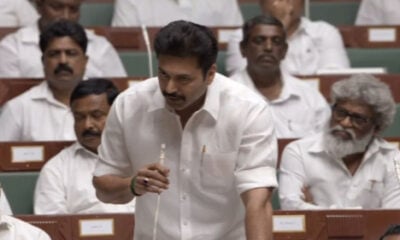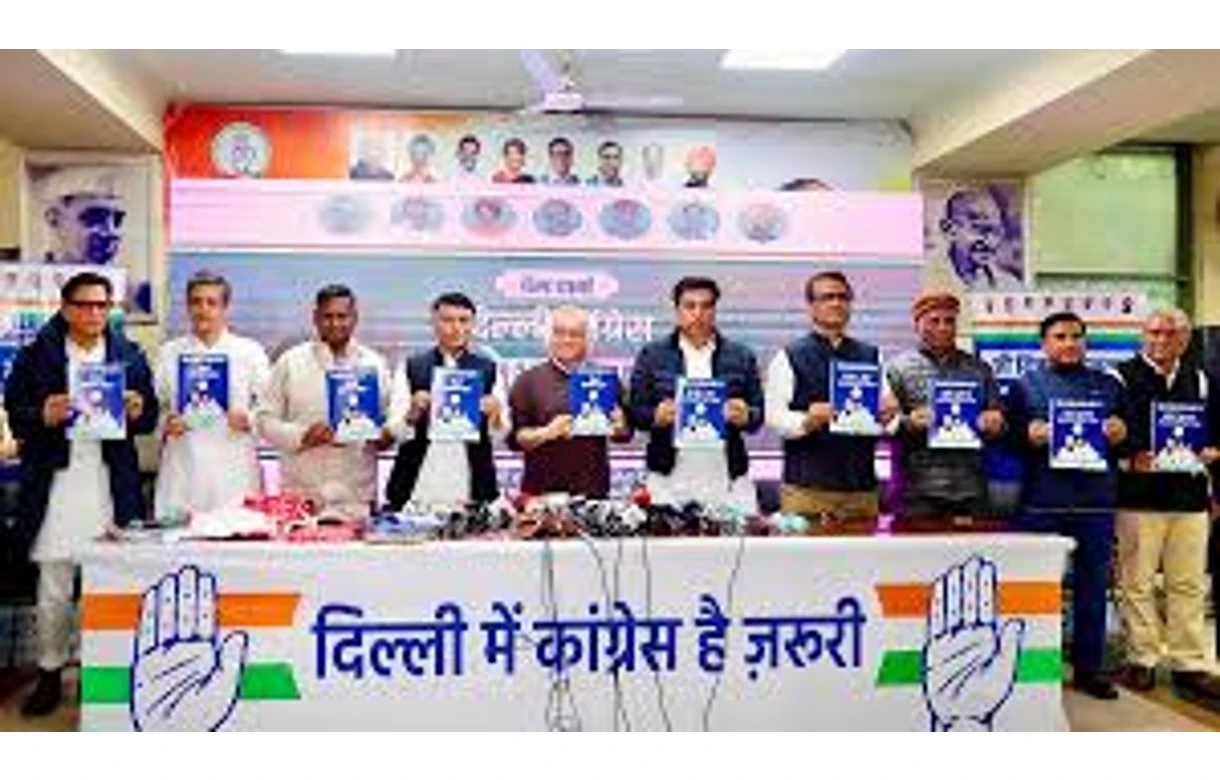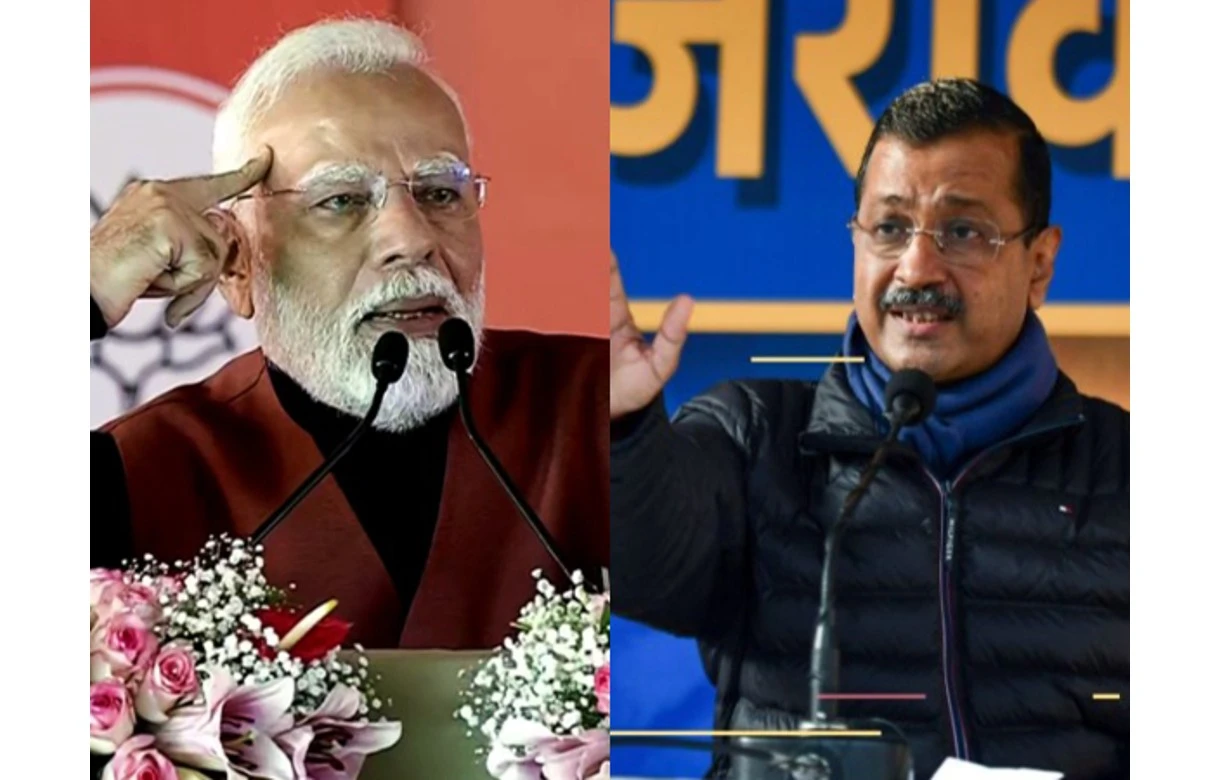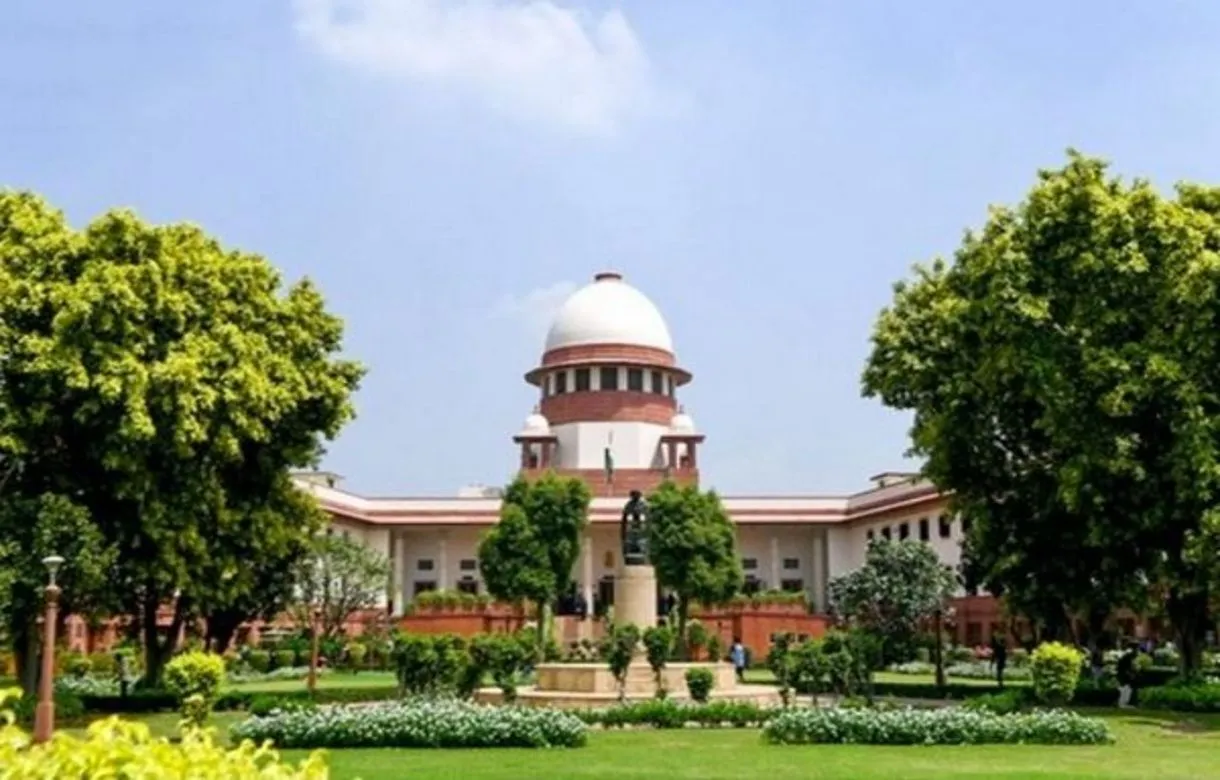India News
Sansad TV’s YouTube channel compromised, renamed Ethereum by hackers; everything you need to know
The official YouTube channel of Sansad TV was compromised by hackers on Tuesday. The channel that broadcasts Rajya Sabha and Lok Sabha proceedings was renamed Ethereum.

India News
Delhi elections: Congress releases manifesto, promises to conduct caste census
The Congress manifesto goes beyond immediate relief, addressing long-term concerns about unemployment and social justice. The party has committed to providing financial assistance of ₹8,500 per month for one year to educated unemployed youth, a significant investment in human capital development.
India News
PM Modi slams Kejriwal over poisoning Yamuna remark, compares AAP leaders to serial killer Charles Sobhraj
Modi emphasized that the people of Delhi deserve better, and he called upon them to give him a chance to deliver on his promises after twenty-five years of what he portrayed as misgovernance. The election, he suggested, is a clear choice between transparency and accountability versus the alleged deceit and corruption of the AAP.
India News
Supreme Court strikes down domicile-based reservation in PG medical admissions
“Residence-based reservation in PG medical courses is clearly violative of Article 14 of the Constitution,” the bench stated.
-

 Gadgets22 hours ago
Gadgets22 hours agoLenskart unveils phonic audio eyewear compatible with Android and iOS
-

 Entertainment20 hours ago
Entertainment20 hours agoVijay Deverakonda reacts to Chris Martin’s Telangana joke during Coldplay concert
-

 LATEST SPORTS NEWS20 hours ago
LATEST SPORTS NEWS20 hours agoRiders vs Kings: Khaled, Haider Ali’s fiery cameo seal Kings win
-

 Entertainment22 hours ago
Entertainment22 hours agoAnurag Kashyap, Vetri Maaran’s Bad Girl teaser sparks debate
-

 Entertainment22 hours ago
Entertainment22 hours agoSuperman teaser sparks debate: James Gunn defends David Corenswet’s weird look
-

 Entertainment20 hours ago
Entertainment20 hours agoNaga Chaitanya, Sai Pallavi’s Thandel trailer: A unique blend of romance and patriotism
-

 Entertainment20 hours ago
Entertainment20 hours agoSivakarthikeyan, Sudha Kongara’s film titled Parasakthi
-

 Entertainment20 hours ago
Entertainment20 hours agoRavi Mohan’s RM 34 is now Karathey Babu





